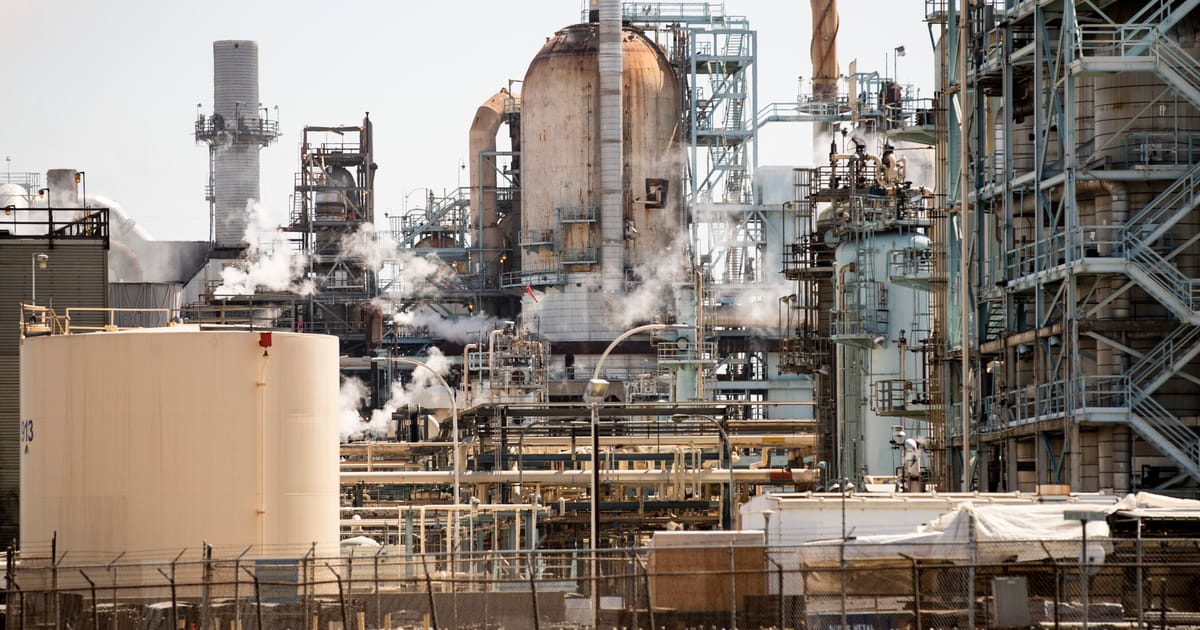The star-spangled spanner
And this time, there’s also the “drill, baby, drill” ethos of the Trump administration to contend with. Back in January, negotiators were already warning the U.S. might join the oil-rich and plastic-producing countries in actively blocking attempts to focus on upstream pollution prevention measures.
Informal talks this year suggest those fears have come true, delegates said.
“The [U.S.] negotiators have not changed; they are still the same people,” said the diplomatic source. “But 1754325193 they position themselves completely as ‘like-minded’ [countries] — meaning they are willing to discuss the entire downstream plastic cycle, but refuse to entertain the idea of any kind of production limitation.”
The biggest question marks hang over other plastic-producing and consuming countries like China, Brazil and India, which high-ambition countries see as more constructive partners than the like-minded group, even if their positions on reducing plastic production remain unclear.
“[T]here are positive shifts,” said the Commission official. “[T]he gap is not as wide as before, even if it’s still there.”
But the EU, too, has to cede some ground, they added, signaling a readiness to forgo a precise plastic production cap or reduction target for now.
“We want to see recognition of unsustainable production and consumption in [the treaty text]. Whether it will be a cap or a target in this treaty — that is probably unlikely, because we see the other positions, but we remain committed to tackling the issue in a comprehensive way,” they said.

